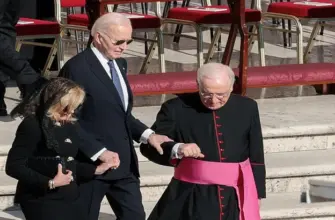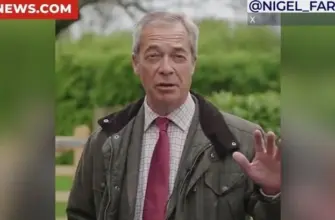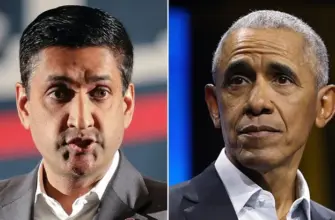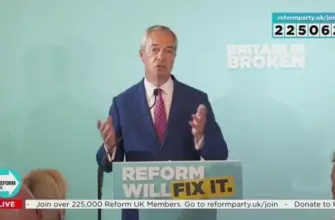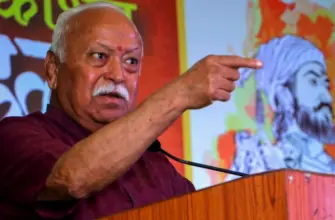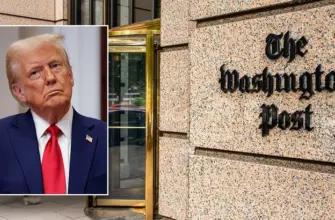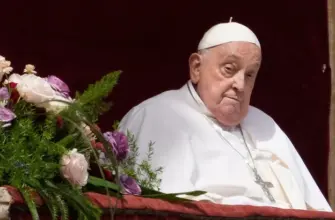Despite facing electoral defeat, former politician Jacob Rees-Mogg finds himself unexpectedly sought after.
Just months ago, in July of last year, this scenario seemed improbable. After 14 years representing North East Somerset and Hanham, he was ousted by Dan Norris, a former junior minister under Gordon Brown and the current Mayor of the West of England. Rees-Mogg maintained composure on election night, extending gracious congratulations to his successor, though Norris’s victory speech included a less polite remark referencing “Mogg-xit.”
However, the Labour win wasn’t solely attributable to Keir Starmer or accusations regarding tax policy; it was significantly influenced by the Reform party. Rees-Mogg finished second, trailing by 5,319 votes, but the Reform candidate’s performance – securing 14.5% of the vote, a loss of approximately 7,424 local voters – proved decisive.
Despite his reduced role in formal politics, Rees-Mogg retains an appetite for engagement. He frequently attends Conservative dinners, offering his perspective on the party’s future and appearing regularly on television programs.
Initially, the prospect of a by-election seat offered by new Tory leader Kemi Badenoch seemed unlikely. While there were subtle indications he was being considered, including whispers of a potential peerage or even a position within the shadow cabinet, Badenoch’s silence sent a clear message.
“This quietness from Badenoch reassured the right wing of the party that they had influential figures at the top and capable of rivaling Farage. Rees-Mogg understood he was on the outside looking in; politics is a demanding profession, and second place earns no prizes.”
The situation dramatically shifted this weekend when Avon and Somerset police announced the arrest and bail of Dan Norris on suspicion of rape and child sex offences, alongside inquiries into misconduct in public office.
Norris, 65, whose website highlights his background including training with the NSPCC and experience as a teacher and child protection officer, faces allegations spanning from the early 2000s to the 2020s. The Labour party swiftly responded by suspending him and removing the party whip.
Considering these developments, it’s reasonable to assume Norris’s political career is effectively over.
This opens a surprising opportunity for Rees-Mogg: a return to North East Somerset. He now faces a pivotal choice – remain with the Conservatives or explore a move to Reform?
Currently, Reform appears to be riding a wave of momentum, consistently polling around 26%, either matching or slightly surpassing the Tories in some surveys. This isn’t solely attracting disgruntled Conservative voters; many who experimented with Reform last year and felt disappointed could also be drawn back.
- Reform’s rising popularity
- Potential for a shift from both Tory and Labour voters
It’s plausible that Nigel Farage would enthusiastically welcome Rees-Mogg as a candidate. Conversely, Kemi Badenoch is likely to initiate urgent contact, professing her admiration and attempting to persuade him to rejoin the Conservative ranks.
Just ten months after feeling rejected on July 5th, 2024, Rees-Mogg now finds himself at the center of a competition for his attention.
My recommendation is straightforward: he should accept Farage’s call and unequivocally say yes.
This decision would secure him a minimum of eight years in politics – encompassing the upcoming by-election and the 2029 General Election – while aligning him with a party whose policies more closely mirror his own. Staying loyal to the Conservatives risks losing both the by-election and potential support in future elections, effectively ending his political career.
It’s undoubtedly a challenging decision for Jacob Rees-Mogg, but one clear path emerges.


